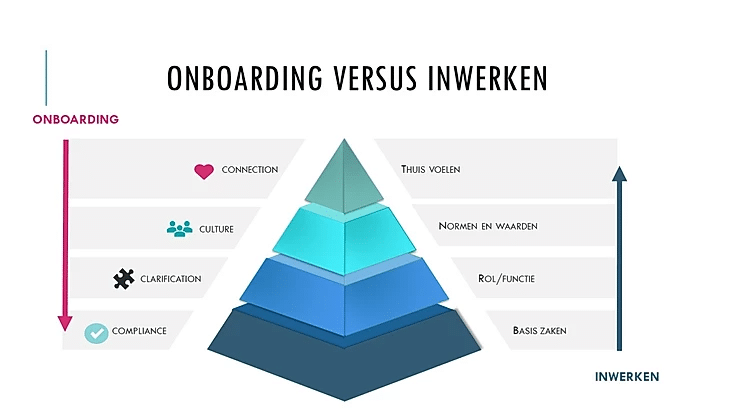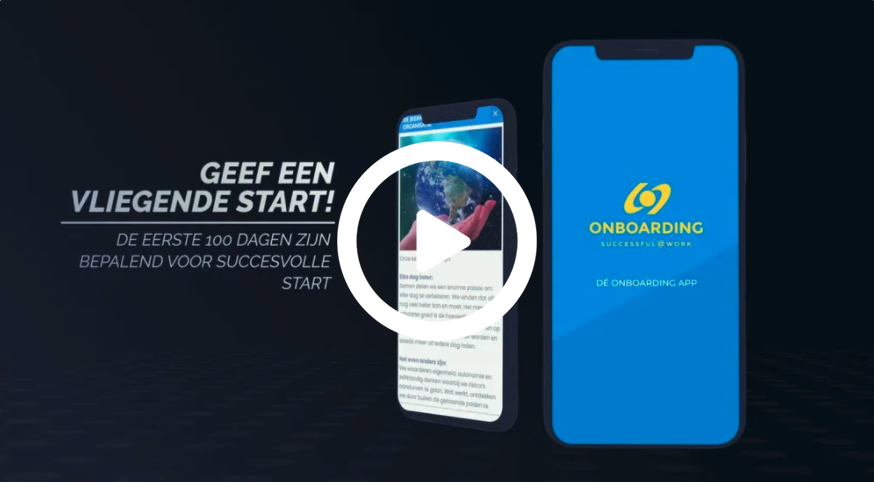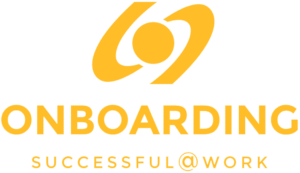Were you also tempted during the recruitment of your new position? And are you still in love with your new organisation, team and new position or did you jump straight into production mode?
Why don’t you – when you start with a new position – take extensive time to enjoy that honeymoon! And are you immediately focused on learning and performing in your new position?
Ultimately, you enter a (working) relationship where you work together 40 hours a week, week in week out. It is important that you know which colleague you go to for a good joke or a good conversation. Or that a colleague is a morning person and is only really approachable in the afternoon. If you feel at home in an organisation and team, everything will flow naturally and you can easily take on that new role.
The pitfall
Yet most people when they start a new position in a new team are initially focused on the work and production running and not with the connection and fit with others in the team.

During this onboarding training, which I give to starters, the majority (75%) indicate at the start that they are mainly focused on performing in the new role. Only people who perform functions that are focused on relationships, such as commercial functions, are different. They focus on the connection and feeling at home.
Managers find it just as difficult. They also focus on the work that needs to be done in the team. Onboarding themes about how they would like to collaborate, celebrate successes or how they serve customers are hardly discussed. Also more practical matters or we have lunch together are not discussed.
If the manager does not already set a good example, the team does not work differently. They properly introduce the new colleague to the position. Getting to know each other will come later. You do this if you work together or if there is a personal click. What you like about the collaboration is not often discussed.
Of course, the question of whether the new colleague provides the required knowledge, skills and effort is legitimate. But a thorough application procedure ensures that you, as a manager and as a team, know what kind of meat you have in store. It is not for nothing that you have gone through 3 or 4 application rounds to see if the new colleague can handle the work. Trust that and focus on the connection.
Successful start
To be successful in a new organisation – and therefore a new position – there must be a personal fit with you and your future team/organisation. This mainly has to do with whether you fit in well with the culture of the team and the organisation. And less so in how well you perform a specific function/role.
If you start training during the start of your position, it will take you an average of six months to a year before you ask yourself the really essential question: do I feel at home here?
And that’s a shame, because feeling at home is the basis for feeling safe and learning. And to feel safe it is necessary that you are seen and that you know what standards and values there are about how we treat each other.
In addition, the activities of your position can generally be learned with a function-specific induction program. But whether you feel at home in your team and organisation with your personal standards and values is not. There is or there is not. Of course you can temporarily work in an organisation/team where you don’t fit in as well, but in the end that has consequences for your health, your functioning and your job satisfaction.
Reverse the trap
So turn that trap around and focus on onboarding and not onboarding! And what is the difference between the two? Onboarding has a different focus. The picture below shows it well. With induction, you mainly focus on the practicalities and making the job your own. While with onboarding you immediately focus on the connection – the heart – with your organisation and your team. You go through the same process, but the other way around.

So you are not concerned with the basic rules and the work content of your role and position at the start. But first focus on the connection with and feeling at home with your team and the norms and values within the team and only then on your new role.
And an onboarding program helps you with that. Because an onboarding program explicitly considers whether there is a fit between your standards, values and goals and the standards, values and goals of the team/organisation. This way you fit in perfectly with each other.
An additional advantage is that an onboarding program shortens the familiarization time by 1 to 3 months. In addition, good onboarding leads to lower turnover, higher satisfaction and greater involvement.
If you would like to know more about onboarding, please feel free to contact us at bianca@successfulatwork.nl .










